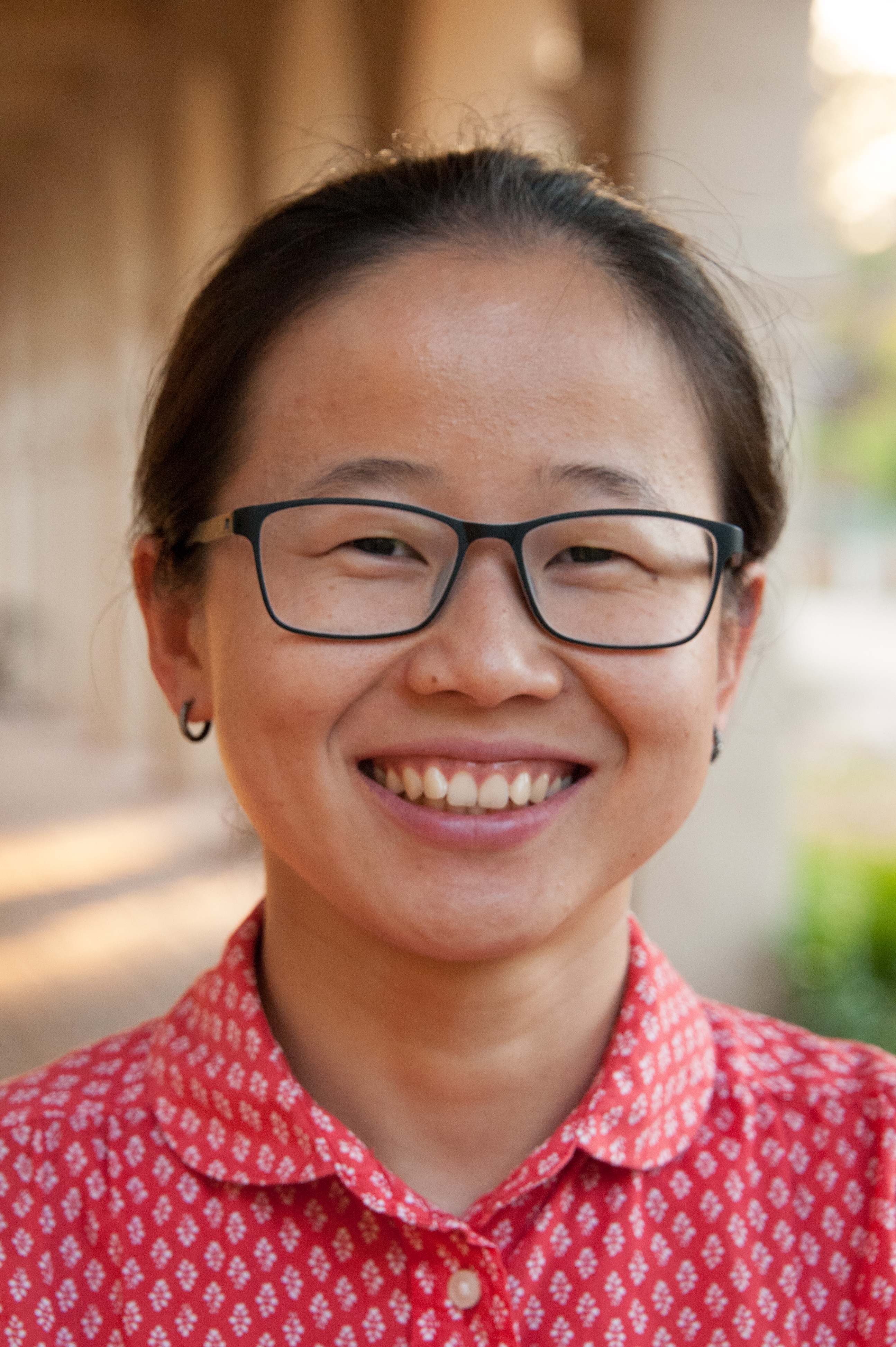Hi, and welcome! I am a Senior Lecturer in Economics (equivalent to an Assistant Professor in the US) at Monash University in Melbourne, Australia. My research interests are in microeconomic theory, with a focus on information, social learning, and their applications.
I completed my Bachelor of Economics (Honours) from the University of Queensland. In 2024, I received my Ph.D. in Social Science (Economics) from the California Institute of Technology, advised by Omer Tamuz.My Curriculum Vitae.
You can reach me at kate.huang@monash.edu.
